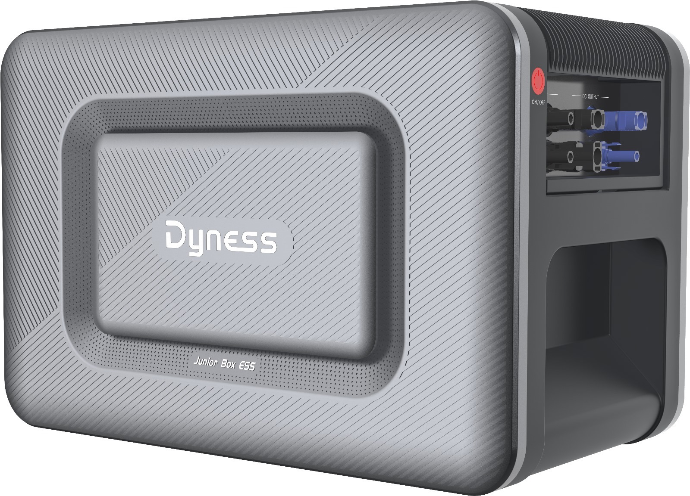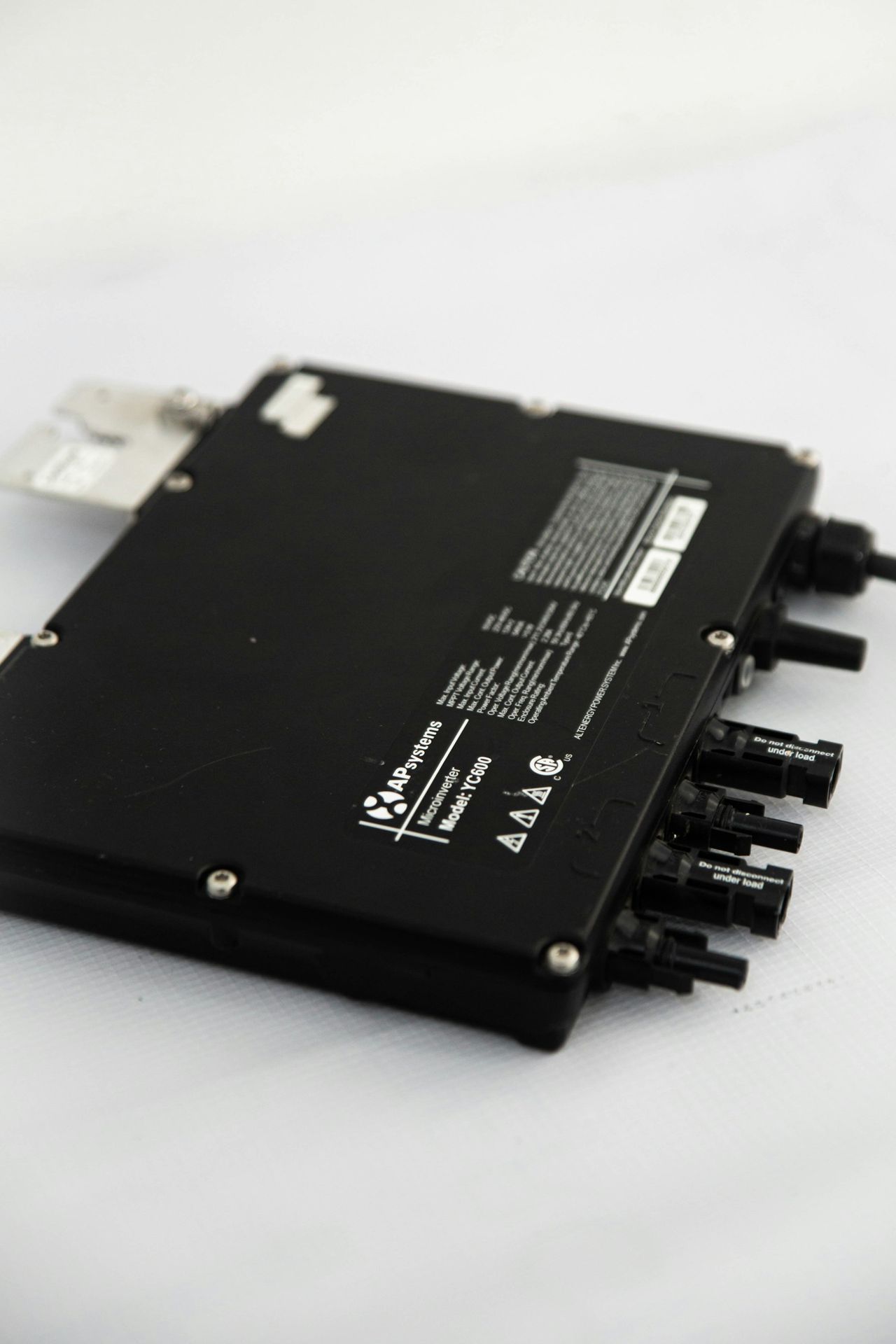What 2024 holds for future balcony solar power system owners who aim to liberate themselves from expensive grid electricity as effectively as possible
In Germany, mini PV systems are experiencing a steady upswing as an environmentally friendly and decentralized energy source. However, in 2024, the legal situation for these small balcony solar power plants will change, so it's important to pay attention to significant updates.
The new regulations for the use of plug-and-play solar systems in Germany are intended to signal increased support for decentralized energy sources. Furthermore, these changes are expected to advance the expansion of renewable energies and provide consumers with the opportunity to actively participate in the energy transition - directly from their own balcony.
The full implementation of the legislative amendment has not yet been finally decided, meaning that the new regulations are not yet fully effective from the beginning of the year. Currently, for example, the existing 600-watt limits still apply to owners of balcony solar power plants.
The bill at a glance (New provisions from 2024*):

1. Reporting obligation
The commissioning of balcony solar power plants is now subject only to the reporting obligation in the Market Master Data Register of the Federal Network Agency.

2. Storage solutions & feed-in
Reporting obligation for battery storage systems in the Market Master Data Register.
Promotion of self-consumption solutions to increase the share of self-used solar power and thereby enhance self-sufficiency and independence.
There is the possibility to operate balcony solar power plants in self-consumption communities, allowing the generated electricity to be shared and used within a group.
Increase of the previous maximum limit for feeding electricity into the grid from 600W to 800W.

3. Technical standards & consumer protection
Setting a maximum limit for the total rated power of the solar modules to 2000Wp.
Increasing the permitted inverter capacity from 600W to 800W.
Backward metering allowed until the installation of a bidirectional meter.
To operate a safe and efficient PV system

4. Promotion
The existing VAT exemption for all PV components, their delivery, and installation, which has been in place since 2023, remains unchanged.
Guaranteed remuneration for surplus feed-in continues.
Take note of regional subsidy programs.

* These are some fundamental cornerstones of the EEG expanded to encompass the key changes in German legislation regarding balcony solar power plants in 2024. However, note that the Solar Package I has not yet been fully passed by the Bundestag. Certain points are expected to come into effect only over the course of the year. Specific details in the official legal texts should be continuously checked. We will, of course, keep you updated on this matter!
Reporting obligation for balcony solar power plants
Registering a balcony solar power system previously required registration with the connection network operator and in the Market Master Data Register of the Federal Network Agency.
The streamlining of balcony photovoltaic systems is being pursued by eliminating the registration with the network operator and limiting the registration in the Market Master Data Register to a few easily inputted data points. The registration obligation arises fundamentally with the initial commissioning. This occurs when the system first feeds alternating current into the house network, typically when the plug is first inserted.
The reporting obligation applies to all systems that generate electricity for self-consumption as well as for feeding into the power grid. When used with a battery storage system, this must be registered separately in the Market Master Data Register, as it is also a generating facility.
One click for registration: https://www.marktstammdatenregister.de
Storage solutions & grid feed-in
The integration of storage solutions is promoted to optimize self-sufficiency and support grid stability. Furthermore, it is possible to operate balcony solar power plants within self-consumption communities, allowing the generated electricity to be shared and used within a group.
To increase profitability for operators, balcony solar power plants are allowed to feed their generated energy into the grid, thereby selling surplus energy to other households or the electricity provider. However, there are limitations.
From 2024, the feed-in limit will be increased to 800 watts, allowing an additional feed-in of 200 watts compared to the previous limit of 600 watts. Inverters can be adjusted accordingly, provided they support 800 watts. Alternatively, it is recommended to use an additional inverter with 200 watts or completely replace the old inverter if it has been in operation for several years.
Units that store electricity or gas and are connected to the grid must be registered. This is particularly relevant for battery storage systems in connection with solar installations, which must be separately registered in the Market Master Data Register as independent generating units.
Technical standards & consumer protection
Balcony solar systems can now be more powerful. Up to an installed capacity of 2 kWp (newly introduced maximum limit of the total rated power of solar modules) and 800 watts of inverter capacity, a simplified registration applies.
To not hinder the commissioning, temporarily, backward-running meters are accepted until a calibrated bidirectional meter is installed. Additionally, there is an aim to enable the use of balcony PV systems with the Schuko plug, with the "plug issue" to be regulated by technical standards.
With the introduction of plug-in solar devices as a specific application of photovoltaics in Solar Package I, they are also legally differentiated from larger solar systems and made more accessible in terms of use and registration. The limitation on module size of two square meters is removed.
The use of balcony solar power plants is subject to clearer legal regulation. According to current regulations, the installation of balcony solar power plants is generally permitted as long as they meet certain technical requirements. This includes compliance with safety standards and environmental regulations to minimize any risks. Consumers must be extensively informed about the use, maintenance, and operation of balcony solar power plants to ensure safe application and efficient operation.
Promotion
Balcony solar power plants remain tax-free, just like in 2023, meaning they are particularly cost-effective for consumers with a 0% value-added tax. The zero-tax rate applies to both the PV components and their delivery and installation.
Furthermore, financial incentives have been introduced to promote the use of balcony solar power plants. These systems become even more attractive through a guaranteed remuneration for surplus feed-in. The feed-in tariffs are tiered and specified according to system size in the Renewable Energy Act 2023. In some regions, installers receive financial support or tax benefits. These measures aim to drive the expansion of renewable energies at an individual level and further support the energy transition.
However, it is important to note that the exact regulations may vary by state. Therefore, interested parties should always check the regional regulations and funding opportunities before installing a balcony solar power plant.
These new regulations are designed to continue promoting the development and use of balcony solar power plants while ensuring safety, profitability, and environmental compatibility. Operators and interested parties should familiarize themselves with the new regulations to ensure smooth operation of their systems.